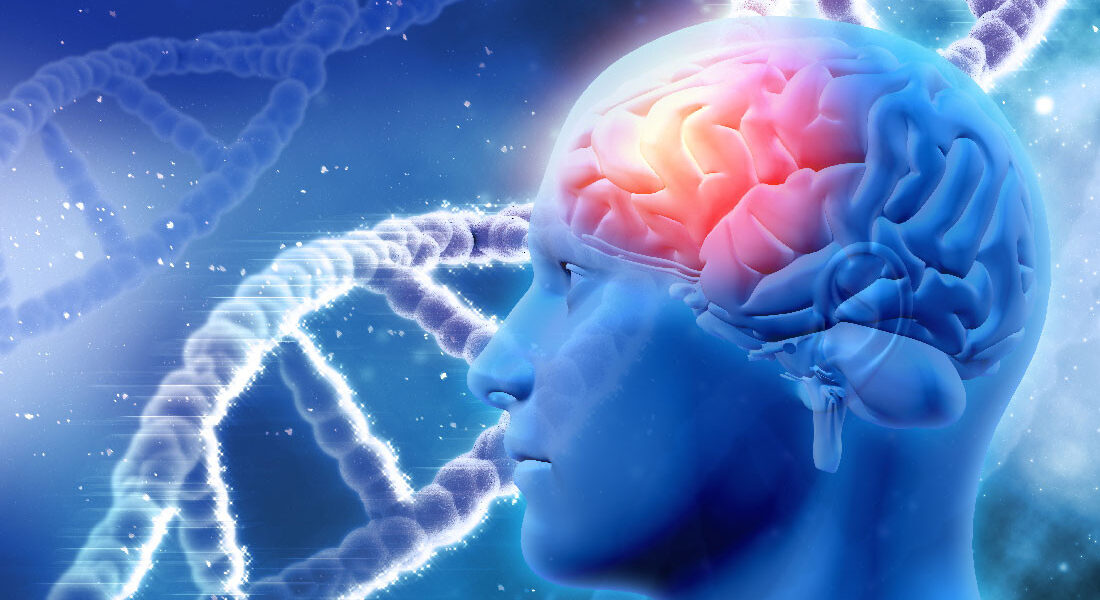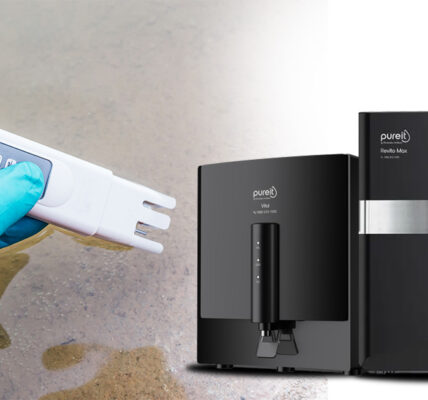The most common neurological conditions that people may have are unnoticeable until they get worse. It is the time that signs and symptoms come out until you find out that you have had a health condition for a long time or just started. Here are some of the common neurological conditions that mean you need a professional neurologist hongkong to know how severe or get possible medication as early as possible:
- epilepsy
- Alzheimer’s and other dementias
- strokes
- migraine and other headaches
- multiple sclerosis
- Parkinson’s disease
- neurological infections
- brain tumors
- traumatic conditions of the nervous system.

What is a neurologist?
A neurologist is an MD with specialized training. It performs diagnoses, treatment, and management for brain and nervous system conditions, including:
- Alzheimer’s disease
- Amyotrophic lateral sclerosis (ALS)
- Concussion
- Epilepsy
- Migraine
- Multiple sclerosis
- Parkinson’s disease
- Stroke
Neurologists are specialists in pediatric diagnosis and treatment. They specialized in neurological disorders from:
- neonatal period
- adolescence
Some conditions may coincide. The others are distinct to the younger generation. Child neurologists can treat many of the same conditions present in adults, such as:
- Migraine
- Epilepsy
- Stroke
- Tourette’s
What do neurologists do?
- Diagnose. It is highly trained clinicians that diagnose complex conditions through detailed physical examination and history, including:
- testing of mental status
- Vision
- Speech
- Strength
- Sensation
- Coordination
- Reflexes
- gait
Even though medicine has become a more dependent way of medication, the neurological exam remains a critical component of patient evaluation.
- Perform a test. Some common neurologic tests can complete the evaluation, including:
- CT (Computed Tomography) or CAT (Computer-Assisted Tomography)
- MRI (Magnetic Resonance Imaging)
- EEG (Electroencephalography)
- NCS/EMG (Nerve Conduction Studies And Electromyography)
- LP (Lumbar puncture)
- Perform procedures. Neurologists are different from neurosurgeons. Neurologists are not doing surgeries, they don’t perform spinal cord or brain surgery.However, neurosurgeons and neurologists work closely together for various conditions, sometimes in the operating room together. The general neurologist performs different procedures, including:
- LP
- NCS/EMG
- Subspecialty-trained neurologists perform the following:
- intraoperative brain and spine monitoring
- autonomic testing
- endovascular procedures including:
- angiograms and coiling of aneurysms
- botulinum toxin injections
- Skin
- muscle biopsies
Can neurologists treat migraine?
When you have migraine or a history of migraine in the family, the specialist trained to treat headaches is a neurologist who diagnoses migraines based on the following:
- medical history
- symptoms
- physical and neurological examination
The doctor order medical tests, such as:
- blood tests
- imaging tests
- sinus X-rays
If they need more information about your condition. The doctor recommends OTC pain relievers and other medications to relieve your headache. You are given prescription medications.
Since migraine is a neurological disorder, a headache is not only pain felt, it could be severe pain. But, the symptoms have a huge impact on one’s daily living. You can see a neurologist to help you get medication, to avoid getting severe.
Neurological disorders are serious health conditions since they affect the brain. So, you need to do something wise and advance. Talk to a neurologist to get medication as early as possible. Neurological disorders are risky to one’s health and these must be medicated.









